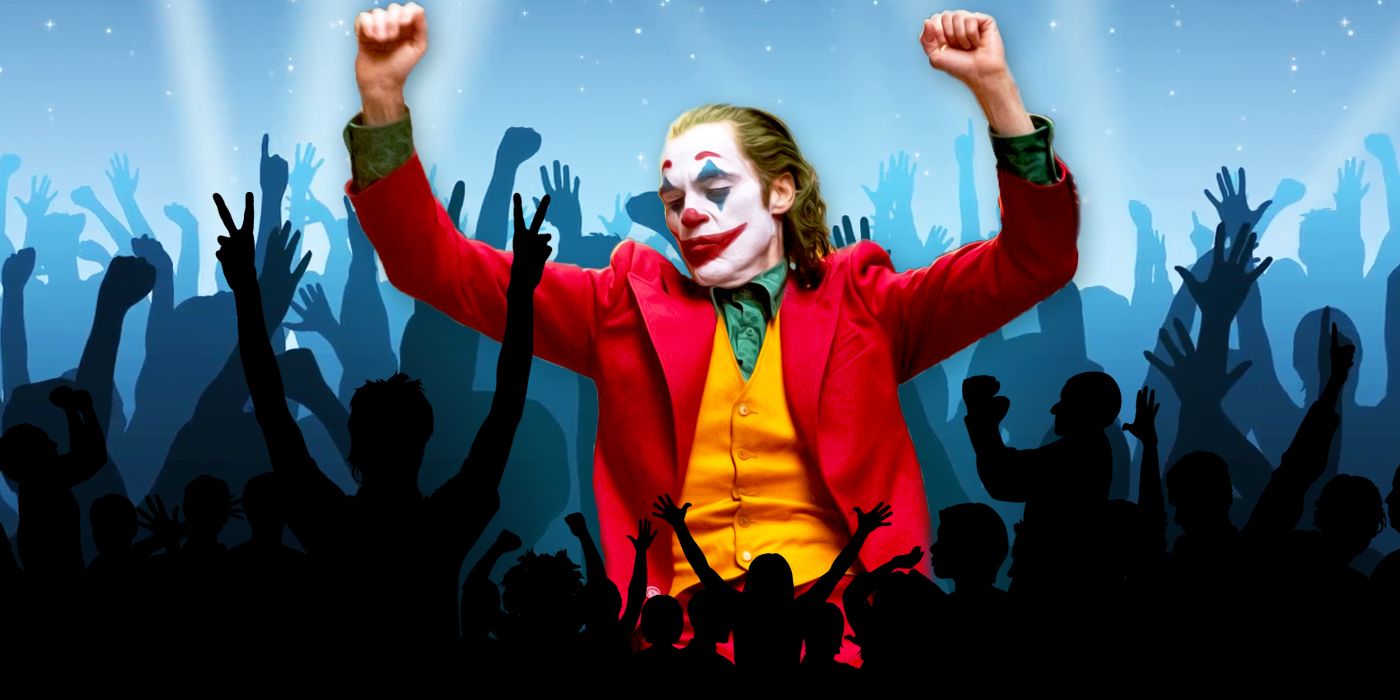
[ad_1]
Initially questioned and seen as highly suspect by even the most ardent of Batman fans, the 2019 movie Joker was an unmitigated success, even among other “superhero” movies. Recasting Batman’s nemesis as a downtrodden comedian in an utterly ruthless and realistic world, the film offered diversity for a genre that had begun to become a bit long in the tooth. And if the film’s director had his way, similar successes could be the norm at DC and Warner Bros. Discovery.
Director Todd Phillips had suggested the idea of a “DC Black Label” for movies, offering different takes on classic characters in the same vein as the comic book imprint. Now more than ever, such productions would stand out among superhero and comic book adaptations and put DC movies on the prestige map. Given the trajectory of some superhero movie universes, that could be just the thing to shake up the increasingly stagnant genre.
DC “Black Label” Films Offer Tonal Diversity Among Comic Book Movies
The concept of an entire branch of “DC Black Label” movies was pitched by Joker director Todd Phillips, who envisioned the films as a whole doing something similar to what he did with the Clown Prince of Crime. Reimagining the characters and taking them out of their usual trappings and tones, these movies would be very similar to the recently launched DC Black Label imprint. Comic books under this banner are essentially a mix between the Elseworlds and Vertigo titles of old, putting familiar DC heroes and villains in different, usually darker settings. As a movie, Joker fell in line with this ethos, proving audiences were hungry for something different in comic book movies.
Releasing in the latter portion of 2019, Joker was preceded that year by another blockbuster box office hit, Avengers: Endgame. Joker was the exact opposite of that movie, but amid these differences and controversy galore, the film made over $1 billion. Copious amounts of CGI and other “mainstream” elements weren’t needed, and a wholly unconventional film about The Joker proved to be one of that year’s biggest success stories. Phillips had actually intended for the movie to be the opposite of the Marvel Cinematic Universe, doing the types of things that Marvel Studios never could. And pulling this off may have showcased another successful direction for comic book and superhero movies.
DC Black Label Could Pivot Superhero Movies Away From Shared Universes
Joker is getting a sequel in the form of Joker: Folie a Deux, though it’s still not going to be crossing over with any other DC movies anytime soon. In fact, for the longest time, it seemed like those behind the first film were adamant that a sequel wasn’t going to happen. Other DC Black Label movies could easily follow suit, showing the power of simply telling great standalone stories without the need to build up some wider universe full of crossovers and events. Another candidate for this potential “DC Black Label” is the upcoming sequel to the movie Constantine. Though it could become a DC Extended Universe movie, the sequel is likely in continuity with its predecessor and its predecessor alone.
By making successful one-and-done or singular stories under the DC Black Label banner, the need for modern superhero movies to build up their own shared universe could graciously be curtailed a bit. It would help DC and WBD differentiate themselves from Marvel Studios, which would be good, given how shaky the DCEU still is. WBD could also figure out the DCEU while having smaller hits on the side. That would allow the studio to give fans the best of both worlds while having more to offer than rival Marvel Studios. If the Joker cards are played right, this could result in DC reversing its fortunes and using Black Label to gain a monopoly on the superhero movie genre.
[ad_2]
Source link



